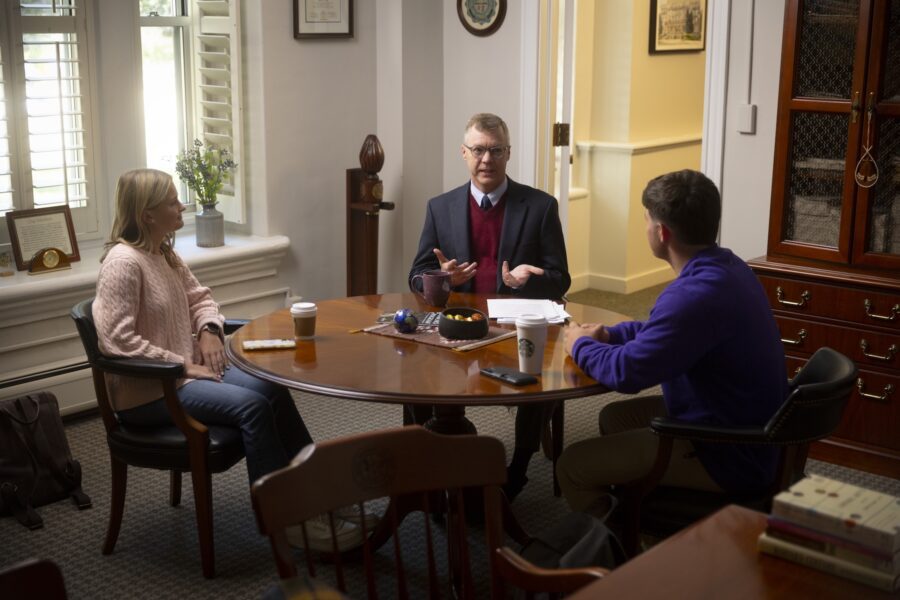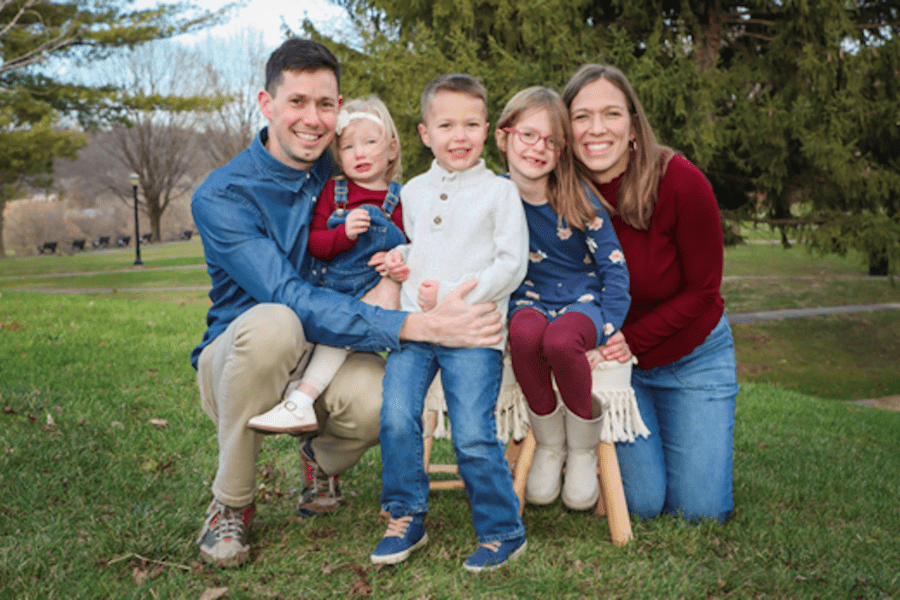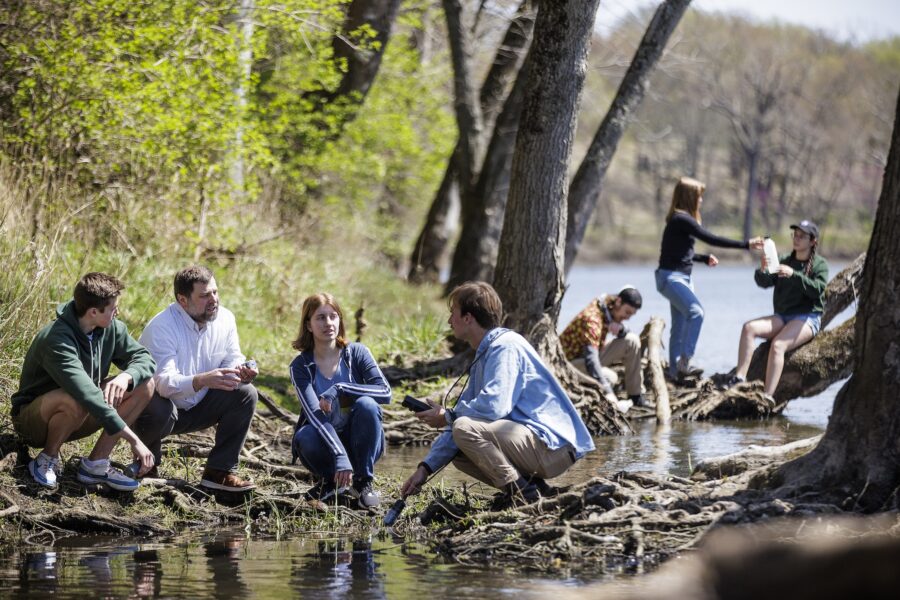
For centuries, academics have written about the transformative power of a liberal arts education for both the individual and society. The ancient Greeks pursued a liberal — or broad — education because it “liberated” the mind, making people more active and effective citizens. Our country’s founders, such as John Adams and Thomas Jefferson, viewed a liberal education as essential to freedom and a healthy democratic republic. More recently, in Beyond the University, historian Michael Roth argued that a liberal arts education “matters” because it helps us “think for ourselves, take responsibility for our beliefs and actions, and become better acquainted with our own desires, our own hopes.” His book is a defense of the liberal arts, which of late have come under criticism by policy leaders who advocate for a more purely vocational curriculum. Public debates aside, those who have graduated with a liberal arts degree can attest to the power of literature, art, history, economics, biology or theology to expand our intellectual horizons, significantly changing how we see ourselves, others and the world.
Olivet Nazarene University’s founders understood all of that, too. In the early 20th century, many Christian universities were established, and most began as Bible colleges — but not Olivet. Our original charter application to the State of Illinois was for an institution that would “encourage, promote, maintain, and support Christian education in all its branches, such as ancient and modern languages, science, art, music, philosophy, mathematics, history, including all subjects in colleges or universities, also Bible study and theology, especially the doctrine of entire sanctification as a work of divine grace.” The devout farmers and small business owners — laymen, not clergy — who founded the school that became Olivet were not afraid of the academy, scholarship, research or the implications of science and the humanities for their Wesleyan faith. Rather, they acknowledged the power of a liberal arts education, embraced it and then determined to fuse it with the far greater power of the Gospel, believing that the combination of the two held the promise of transforming and redeeming the world, one graduate at a time.
This continues to be why Olivet exists today: sending Christian-educated nurses, musicians, social workers, journalists, historians, business owners, engineers, scientists, teachers, missionaries, pastors, among many others, to minister in a lost and hurting world. The first sentence of the University’s mission statement found in offices and hallways around campus declares, “Olivet Nazarene University, a denominational university in the Wesleyan tradition, exists to provide a university-level liberal arts Education with a Christian Purpose.” The last five words have served as our motto for generations and are what separate Olivet from other private or public schools that offer liberal arts degrees. Sadly, today’s headlines contain plenty of examples of how higher education may be used to advance values or policies rooted in secularist, humanist and political ideologies that also have power to transform individuals and society, albeit in ways that are not always true, noble or admirable. But Olivet offers something better. Critical thinking, imagination, doubt and challenges to conformity, for example, have always been hallmarks of a good liberal arts education — methods or tools by which students mature intellectually and spiritually. At secular institutions, these can often lead a student down a path of unmoored skepticism, arrogance, moral relativism or disillusionment. By contrast, at Olivet these intellectual tools are put to a Christian purpose, illustrating the words of the Apostle Paul: “Do not conform to the pattern of this world, but be transformed by the renewing of your mind. Then you will be able to test and approve what God’s will is — His good, pleasing and perfect will” (Romans 12:1–2).
Roth concludes that a liberal arts education helps us “retain impressions of the world around us and retain our relationships with other people — that is, we develop habits that help us navigate in the world.” I agree, and that makes it even more important that such lifetime habits are formed on a Christian campus. At Olivet the transformative power of a liberal arts education is brought into alignment with our Wesleyan faith. Whether in chapel, history class, science lab or during a casual conversation with a professor on a tree-lined sidewalk, Olivet points students upward to the wisdom of Scripture: “Whatever is true, whatever is noble, whatever is right, whatever is pure, whatever is lovely, whatever is admirable — if anything is excellent or praiseworthy — think about such things” (Philippians 4:8).
From Olivet The Magazine, Think On These Things – Spring 2025. Read the full issue here.





